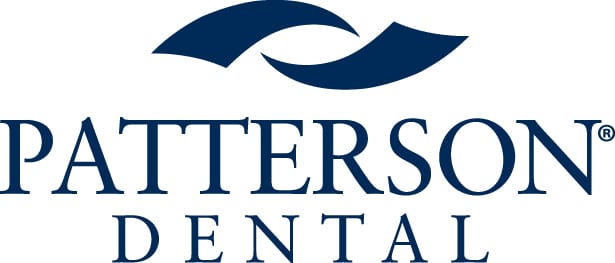By: Bruce Bryen
Considering starting a dental practice vs buying an existing practice?
Whoever said that it was going to be easy had no idea what had to be done to start up a dental practice from the ground up.
This is in comparison to acquiring an existing dental practice through a dental practice broker or through marketing approaches to the purchase of the practice.
The upside to a dental practice startup and the problems and comparisons with the existing practice that is on the market for transition is something that the buying dentist must analyze carefully.
The acquiring dentist should also have his team of advisors available for this analysis. These professionals should all have experience with the financial side of dental practices.
The startup can be financed through legitimate conventional banking contacts just as the acquisition of an existing dental practice would be.
The following will be a comparison for understanding the pitfalls of each approach and the advantages of each for the dentist who is intent of having his or her own dental practice.
Starting a Dental Practice
For the startup, the dentist first should retain a dental CPA and then an attorney who has some knowledge of dental practices and what they must do to prosper financially and grow in value.
There are dental CPAs who are available to assist and who have experience in the dental field. It is important that the CPA is a dental CPA and not one who has expertise in general business dealings.
The dental profession is different from most businesses especially when valuing goodwill. Many businesses with an inventory do not have the goodwill value of a dentist or dental practice.
As an example, a dentist and his or her dental practice may have goodwill that represents 75% or more of the value of the dental practice.
For a general business with inventory, the goodwill may represent 10% to 15% of the value of that business since the inventory is the highly valued item in it and many times there is no value for goodwill.
Finding an attorney with experience in the dental world is rare. The dental CPA is the one who usually can refer the attorney to the dental client. When the dentist goes to get financing for the startup, his or her professional dental CPA should come along to present the financial projections, floor plans for the office layout, and a potential opening date for the office.
This is what the startup has along with the dentist’s reputation, credit score, and relationship within the community.
The banker will have questions, which is why it is a good idea to have the dental CPA at the meeting so that answers can be given to the lender right away and there does not have to be waiting time wasted trying to contact the dental CPA.
Buying an Existing Dental Practice
Buying an existing dental practice with tax returns, financial statements, and projections on the future based on proven historical facts.
Since an existing dental practice has the necessary financial statements and tax returns from its past, the preparation of financial projections is easier to prepare as they are based on historical records.
Compared to the startup dental practice, the projections are based on the dental CPA’s ideas and knowledge from other start-ups that he or she may have been involved with during his or her career.
They are based on the dental CPA’s understanding of the geographic area in which the dentist will be opening his or her office, reviewing his or her other dental clients for their beginning years of operating, and with input from the dentist.
The input from the dentist should be tempered for the optimism or “puffing,” of the concepts that the dentist gives to the dental CPA.
Realistic forecasts are what will be the difference between hope and despair and the dental CPA will certainly not prepare something for the lender that is out of the reach of the ability for achievement by the dentist.
This is where the dental CPA really earns his or her fees because compared to a general business CPA, there can be no comparison to the difference in knowledge about dental practices that each of them has.
The knowledge will be transformed into projections for the start-up and for the acquisition of an existing dental practice. Going to the bank is helpful since each banker may have similar but not identical questions about what is being presented. A lender with experience in advancing funds to dental practices understands as does the dental CPA what reasonable percentages are of dental supplies to gross revenue as an example.
The history of the dental practice being acquired should reflect those percentages as well as the percentages of marketing to gross revenue, professional fees to gross revenue, and other items of expense to gross revenue as well.
Starting a Dental Practice vs Buying an Existing Practice: Which is Best for You?
Which is best for those dentists who want to own their dental practice and not work for someone else as an associate?
The choice is certainly a difficult question for a dentist. The most important thing in choosing is to have the correct type of dental practice advisor who can assist in the choice.
As an example, a dental practice advisor such as a dental CPA compared to a CPA with expertise in general business advice means so much and will help the dentist make his or her choice.
An attorney with some dental practice experience is better than an attorney with no dental practice experience.
Also, having a financial planner who gets along with the other dental practice advisors is a must. The choice of the type of practice whether startup or the purchase of an existing practice will fall upon the shoulders of the dentist.
The advice to make the right choice is something that will cause the dentist’s life to be affected by that choice.
Having the best advisors who understand what dentistry is about will have a great bearing on the choice and will assist in making the right choice.
Photo by Mikhail Nilov


